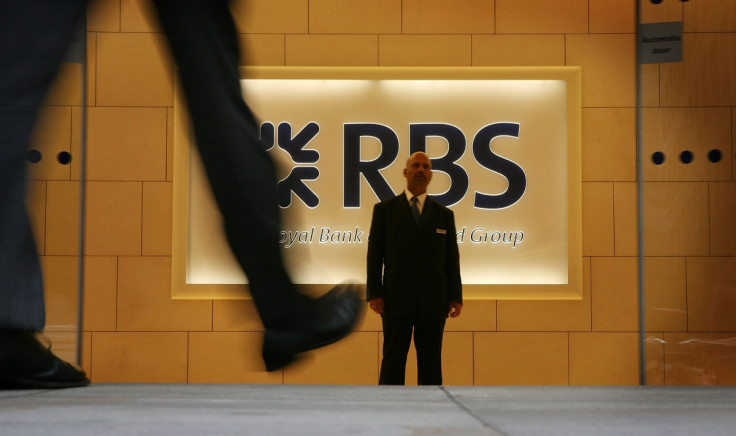Royal Bank of Scotland sees losses treble to £7bn as it racks up its ninth year of losses
The bank's total losses since 2008 now amount to about £58bn, topping the government's £45.5bn bail-out.

Royal Bank of Scotland saw losses more than treble to £7bn as the lender was hit yet again by legacy issues.
The bank, which is 72%-owned by the taxpayer, has reported a loss for nine straight years in a row. Last year it reported a £2bn loss.
Mis-selling and conduct costs amounted to £5.9bn in 2016, up from £3.6bn a year earlier.
RBS also took a £2.1bn hit for the cost of restructuring, including £750m set aside for a plan to enable it to avoid having to sell off hundreds of branches under the Williams & Glyn brand, in plans announced by the Treasury last week.
Chief executive Ross McEwan said: "The bottom-line loss we have reported today is, of course, disappointing but, given the scale of the legacy issues we worked through in 2016, it should not come as a surprise.
"These costs are a stark reminder of what happens to a bank when things go wrong and you lose focus on the customer, as this bank did before the financial crisis."
RBS's total losses since 2008 now amount to about £58bn, overshadowing the bank's £45.5bn bail-out by the government during the financial crisis.
RBS was the world's largest bank by assets for a brief period a decade ago as it snapped up rivals, but it remains mired in a multi-year restructuring that includes asset sales and legal scandals.
Further US fines to come
But McEwan said the lender aims to make a bottom-line profit next year for the first time since the financial crisis, in a bid to close the darkest chapter in its 290-year history.
The Edinburgh-based bank is targeting £750m of cost savings this year, as part of a new four-year £2bn programme of cuts, expected to involve hundreds of job losses and branch closures.
RBS set aside further cash to cover legal cases in the US where analysts expect it to pay as much as £9bn to regulators for mis-selling US securities backed by toxic mortgage loans.
It also put away £400m as compensation for small business owners that allegedly suffered from its controversial restructuring unit after the financial crisis.
Also, some £600m went towards compensating long-running payment protection insurance mis-selling claims.
Great potential
However, McEwan said: "We were the fastest growing large bank in the UK last year with £24bn of new lending into the economy supporting over a million businesses and home owners. This bank has great potential.
"We believe that by going further on cost reduction and faster on digital transformation we will deliver a simpler, safer and even more customer-focused bank."
Richard Hunter, head of research at Wilson King Investment Management said: "The eye-watering costs associated with the bank's ongoing litigation and conduct fines are the main culprit for the performance.
"Meanwhile, the long and winding road towards the resumption of the dividend is still some way off and the government stake continues to cast a long shadow."
Shares fell more than 1%, or 3.5p to 246p in early trading.
© Copyright IBTimes 2025. All rights reserved.






















